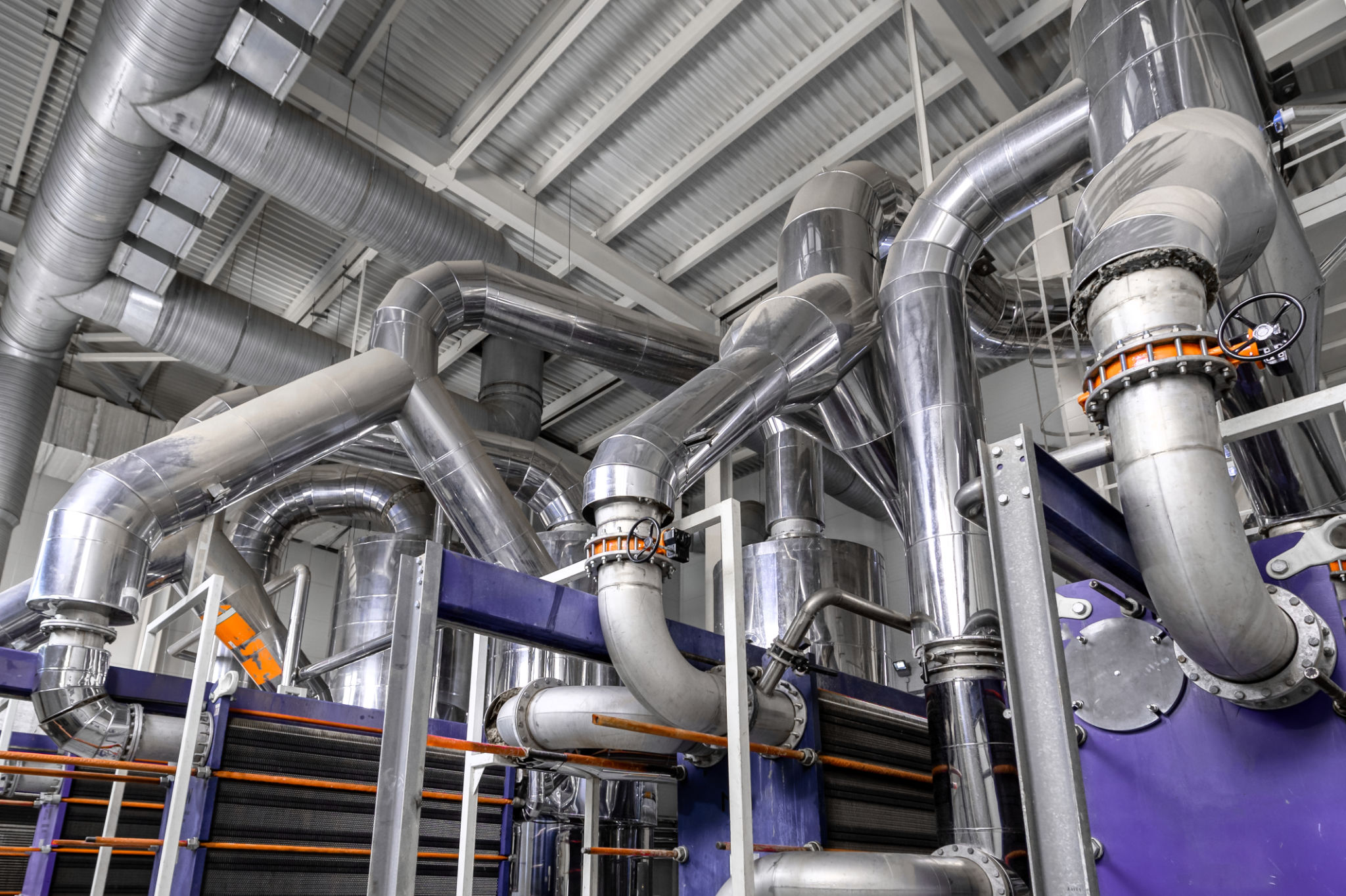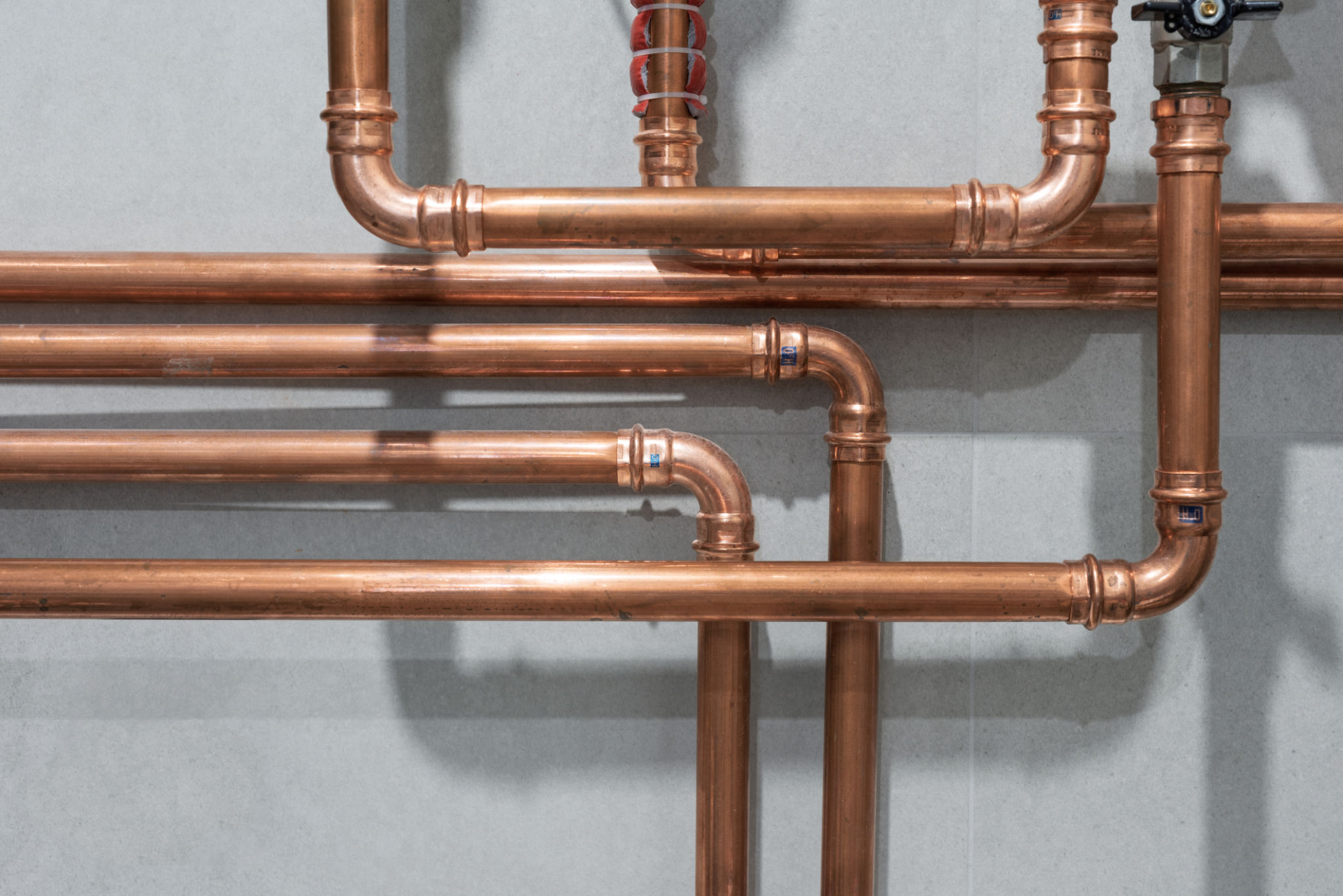The Ultimate Guide to Water Heater Installation in Colorado Springs
Understanding Water Heater Types
When considering a water heater installation in Colorado Springs, it's crucial to understand the different types of water heaters available. The most common types include tankless, conventional, and solar water heaters. Each type has its own advantages and disadvantages, so choosing the right one depends on your specific needs and budget.

Conventional Water Heaters
Conventional water heaters store water in a tank and are typically powered by electricity or gas. They are known for their reliability and lower upfront costs. However, they can be less energy-efficient compared to their tankless counterparts, as they continuously heat water to maintain a set temperature.
Tankless Water Heaters
Tankless water heaters, also known as on-demand heaters, heat water only when needed. This leads to energy savings and can provide an endless supply of hot water. While the initial cost is higher, the long-term savings and space efficiency make them a popular choice for many homeowners.
Preparing for Installation
Before installing a new water heater, it's essential to assess your home's hot water needs and ensure that your plumbing system is compatible with your chosen model. Consider factors like the number of bathrooms, family size, and daily water usage. This will help you select a water heater that meets your requirements.

Hiring a Professional Installer
While some homeowners may be tempted to install a water heater themselves, hiring a professional is often the best choice. A qualified technician can ensure that the installation is performed safely and complies with local building codes. This can prevent potential issues down the line and extend the lifespan of your water heater.
The Installation Process
The installation process typically involves several steps, including:
- Removing the old water heater
- Positioning the new unit
- Connecting the plumbing and electrical or gas lines
- Testing the system for leaks and functionality
Each step requires precision and expertise to ensure that the system operates efficiently.

Post-Installation Maintenance
After installation, regular maintenance is key to prolonging the life of your water heater. This includes flushing the tank annually to remove sediment buildup, inspecting the pressure relief valve, and checking the anode rod for corrosion. Routine maintenance can enhance efficiency and prevent costly repairs.
Benefits of Professional Installation
Opting for professional installation offers several benefits beyond safety and compliance. Professionals can provide valuable advice on maintenance practices and offer warranties on their work. Furthermore, having a certified technician handle the installation can increase the resale value of your home by ensuring that all systems are up to code.

Whether you're replacing an old unit or installing a new one, understanding these aspects of water heater installation can help you make informed decisions that will benefit your household in the long run. By choosing the right type of water heater and ensuring proper installation and maintenance, you can enjoy reliable hot water supply for years to come.